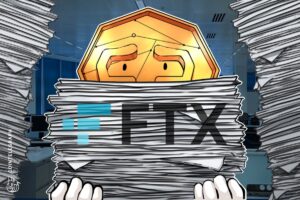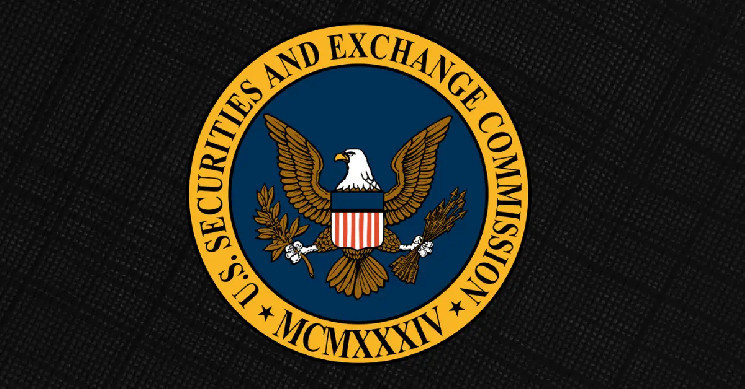John E. Deaton has slammed the SEC for its aggressive actions against companies and individuals, using Elon Musk’s recent legal clash as an example. Deaton highlighted a report that SEC Chair Gary Gensler had issued a settlement demand to Musk, threatening charges unless he complied within 48 hours. Musk’s lawyer, Alex Spiro, accused the SEC of harassment and politically motivated actions.
Elon Musk has had a long-running feud with the SEC, starting in 2018 when the agency charged him with fraud over his “Funding secured” in his X post about taking Tesla private. Musk settled the case, paying $20 million fines for both himself and Tesla, and stepping down as Tesla’s chairman.
However, the settlement only fueled his resentment towards the SEC. Musk has repeatedly criticized SEC Chairman Gary Gensler and, since Trump’s election, has continued his public attacks. Musk is now leading a nongovernmental effort, the “Department of Government Efficiency” (DOGE), to study federal spending and regulation.
John Deaton Took a Jab at SEC’s Actions
Having said that, Deaton argued that if the SEC treats the world’s richest man this way, smaller businesses and entrepreneurs face even harsher challenges. He referenced the LBRY case, where the SEC allegedly threatened to bankrupt the company and its founder, Jeremy Kauffman, even before filing a lawsuit.
Similarly, Ripple and its CEO Brad Garlinghouse reportedly spent over $150 million defending against what Deaton described as a “non-fraud” case. Most companies lack such resources, making it nearly impossible to fight back against the SEC.
Deaton also pointed to the SEC’s actions against Dragonchain as another example of regulatory overreach. He expressed hope that Paul Atkins, a former SEC commissioner, could reform the agency if given the chance.
Community Reaction
An X user Nuclear Herbs responded to John Deaton and shared another example of SEC overreach in the SEC v Richard Heart Hearing where the judge struggled to understand the SEC’s fraud allegations. The post suggests that just because the SEC accuses someone of fraud, it doesn’t mean there’s any real fraud. The SEC, according to the post, is using the term “fraud” to unfairly sway public opinion, even when the claims are baseless.
This critique adds to growing concerns about the SEC’s enforcement methods, particularly in the crypto space, where companies often face costly and prolonged legal battles.
Read the full article here









